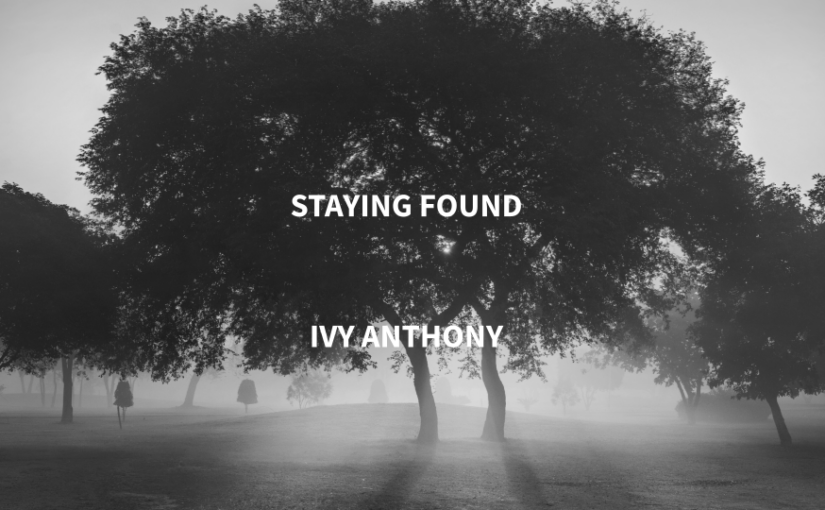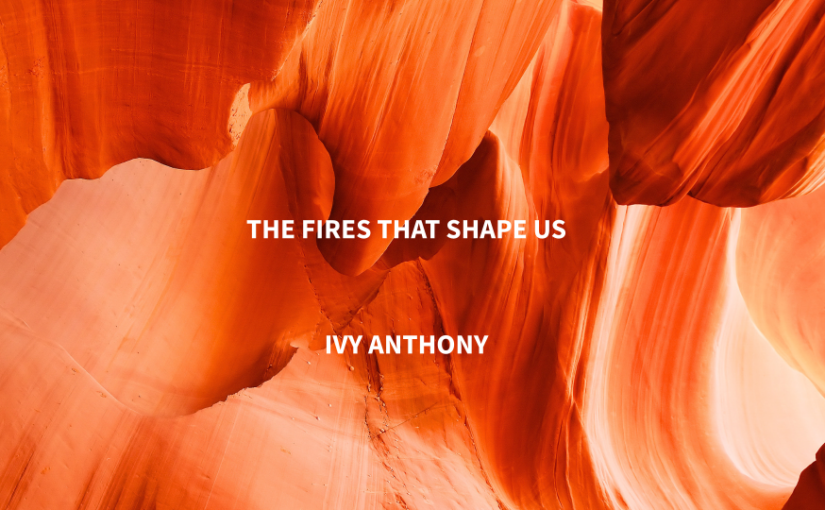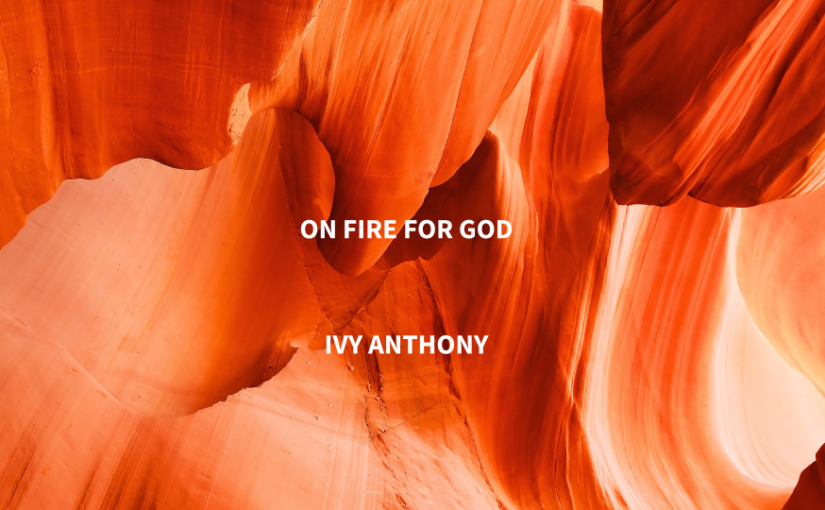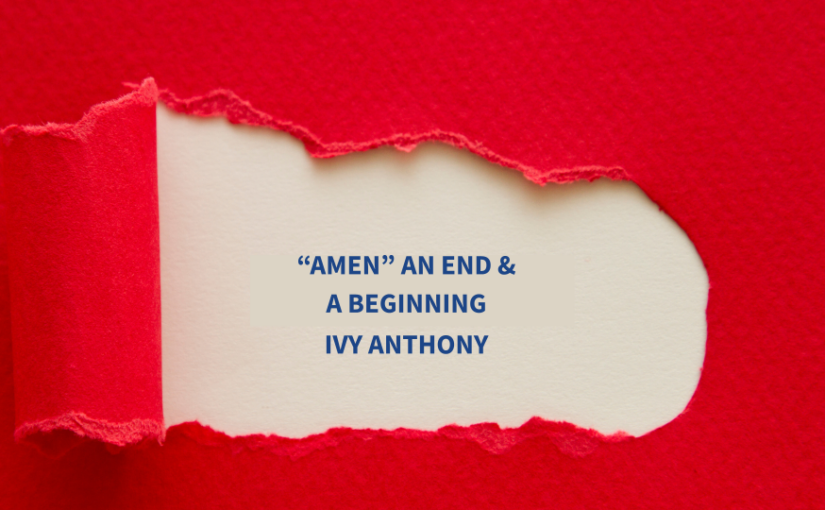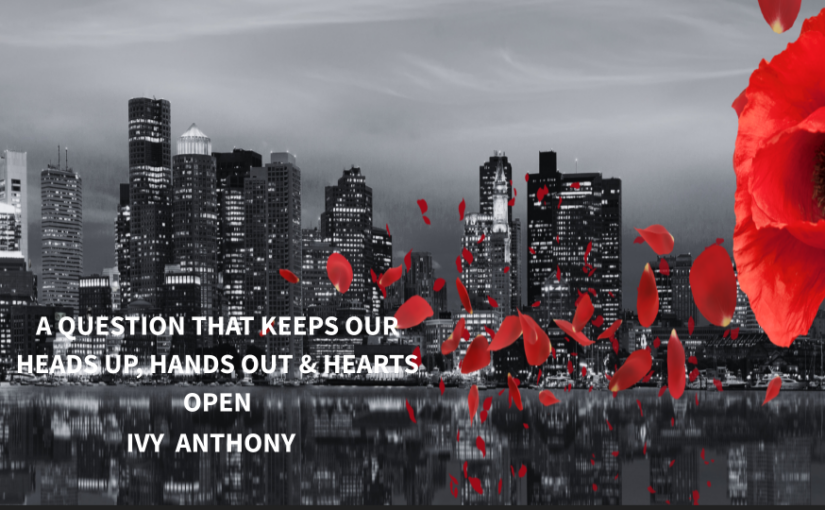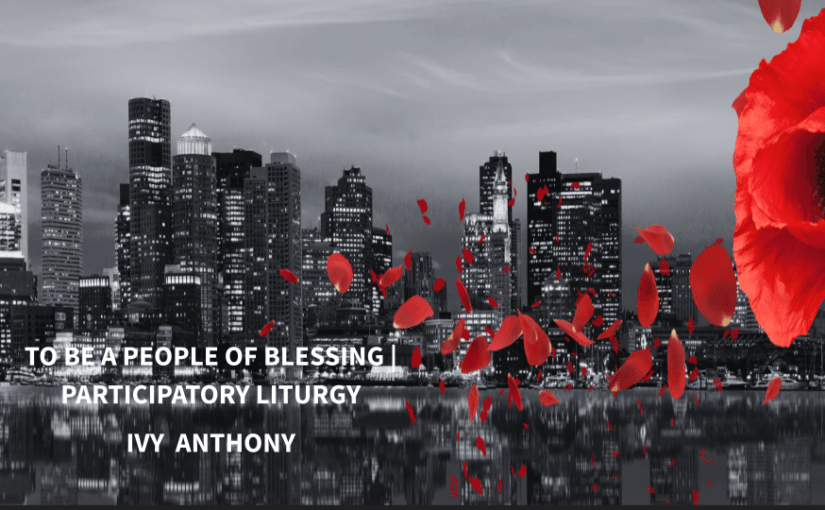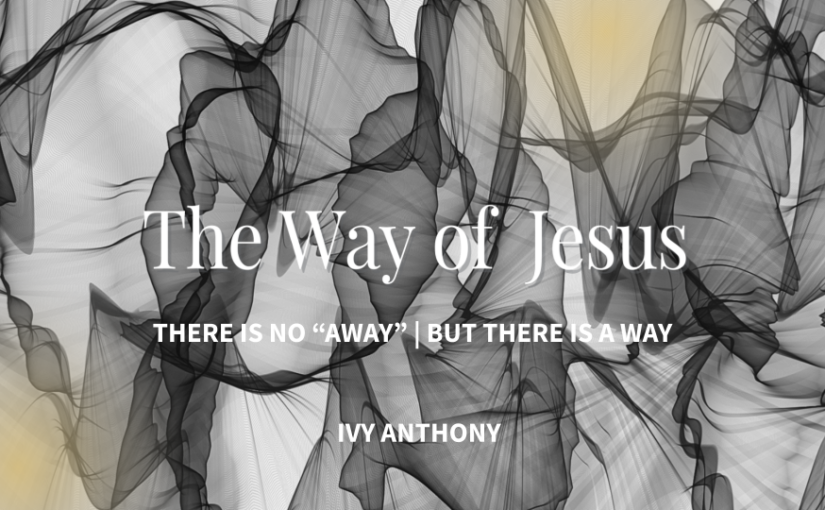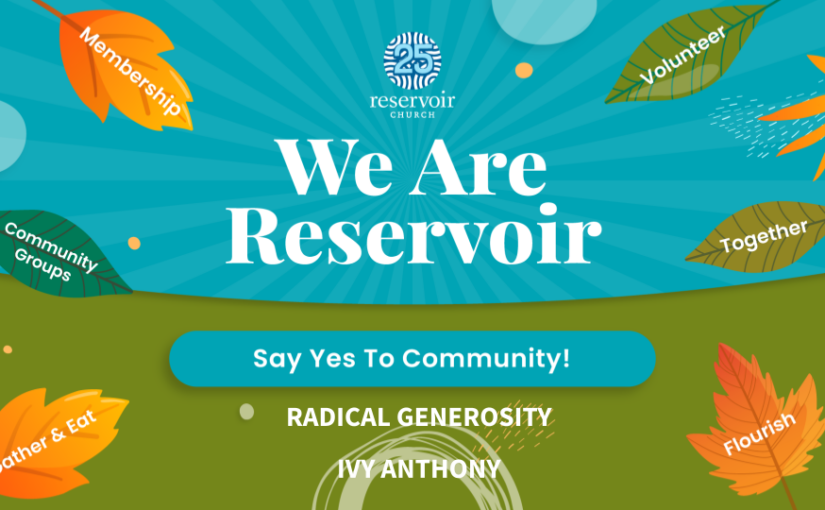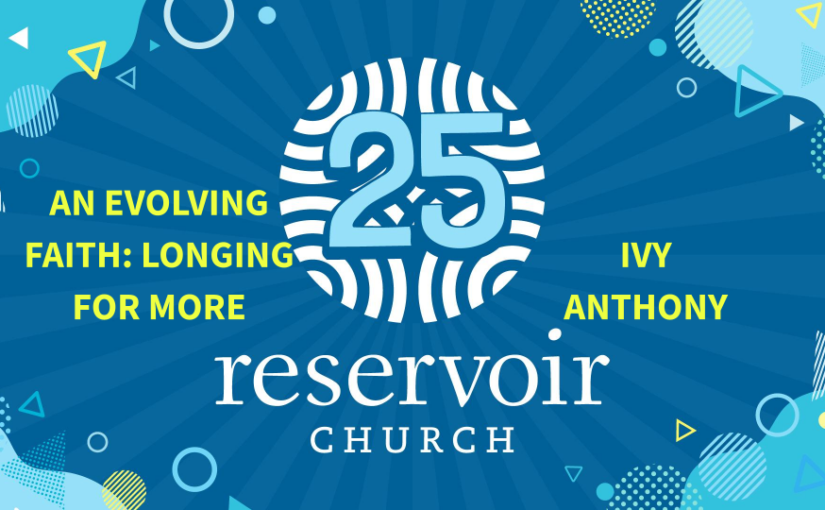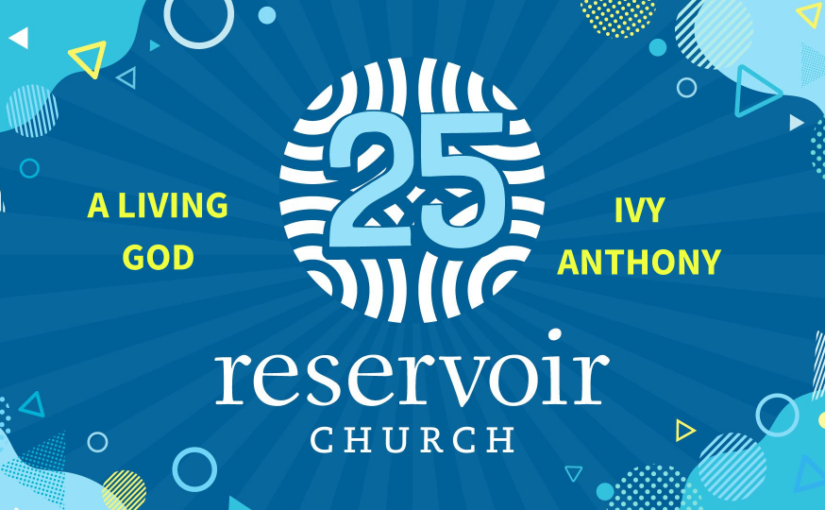This morning I want to talk about the concept of “staying found” and how it engages the theme of wisdom.
“Staying found” is a phrase that I learned from the Appalachian Mountain Club. It’s often a concept highlighted in compass and maps classes as well as search and rescue training. Staying found is a set of tactics and checks and balances that help keep you safe and aware for any adventure outside. Staying found acknowledges the reality that we will likely get lost at some point. That we will encounter the “unease” in our bodies when the well-trodden path no longer looks the same. When our intuition – the orientation to ourselves, to one another, to God – gets mixed up by the wilds of life.
I appreciate this lens because it makes “getting lost or being lost” feel less like an aberration or something bad — but actually a way to expand our way of doing life in a healthy and free way. Staying found suggests to me that we all have a compass available to us at all times, this being WISDOM. And that wisdom herself is everywhere. In endless markers and landmarks along our journey – but it takes a bit of practice – some risk, some mistakes, some joy, some delight, some creativity – to truly engage wisdom. To become wise ourselves.
We are new in this Wisdom series that will run until Memorial Day. We hope this series will open up the richness of wisdom found in the Hebrew bible, the Old Testament. Today we’ll look at the book of Proverbs – which is full of earthy and piercing and kind of funny lines of advice like:
-
“If you don’t have oxen, at least your barn is clean.” (14:4)
-
“Bad people trip over their own lying lips. Good people don’t have a lip problem.” (12:13)
-
“It’s better to eat veggies in a house filled with love than to eat steak served by someone who hates your guts.” (15:17)
As odd as some of the proverbs might sound they are full of specific, immediate, and practical instructions.
“Full of teaching of wisdom concerning respect for the poor, the importance of generative work, the danger of careless speech, the risk of deep debt, the hazard of having the wrong kind of friends.” (Brueggemann)
And while some of the Proverbs are conveyed through specific forms of conduct — they point us to these big questions:
- What does it mean to be human and who are we to each other?
- How do we want to live and who will we be to each other?
- What makes life work? *Especially when we might feel lost.*
Prayer | Thanks for this space this morning to be together. I take it for granted sometimes. But it’s meaningful. Could you help bring that meaning to life. Could you move us — beyond words, and songs, and place — could you move us by your Spirit which is unexplainable — but oh so felt. — Amen.
STORY
I live close to the Blue Hills Reservation — like a 3-5 minute drive depending on where you want to go. The Blue Hills is a 7,000 acre state park with trails that stretch from Milton to Quincy to Dedham to Randolph.
I have spent A LOT of time in the Blue Hills over the last 19 years.
When my kids were little — I would drop them off at school or preschool — and then head to the Blue Hills for a quick hike. I generally would go to one specific area because there were a lot of intersecting trails — so on any given day I’d be offered some variety.
I knew the area pretty well and had gotten confident enough to not bring a map — having memorized most of the trail #s and markers.
One day a friend joined me. She is a serious hiker, bagging all the lists of all the hikes in the northeast — winter, spring summer fall – – all of it. So I knew we could cover the area I was used to moving in.
Timing wise I knew just about when to turn around to make that preschool pickup… from most points on these trails. This particular day we were hiking at a quicker clip and had picked up a different trail as we talked and caught up on life. And I thought it would be a simple “loop back” trail — but it wasn’t , or at least it wasn’t offering us that option in the time frame I needed.
I realized we weren’t going to make it if we didn’t find a way back — quickly. We stopped on the trail. My friend offered some WISE options like
“let’s just take a minute and consider our options”
or
“let’s figure out what direction we are heading in”
let’s think about what our last marker was and kind of pace that out…
This could have been a moment for me – where “Iron sharpens Iron”....
But I wasn’t really listening. I was starting to imagine all the possible scenarios that would come from being LOST — and the embarrassment I would feel as
- 1)the preschool flagged alarm when I didn’t show up, and as
- 2) DCR sent out rescue crews to look for us — on this tiny little trail, and
- 3) as the neighborhood Facebook groups blow up with chatter…
And I was like we just need to go! We just need to go straight up! OFF trail — just to the top so we can see where we are and hook up with one of the trails and have a better perspective.
And I just started going. Through bushes and over rocks and such.. Leaping and jumping like I was a regular mountaineer. And fairly quickly finding myself out of breath and unsure of how to continue about a ¼ of the way up. And only THEN wondering if I should have joined my friend in pausing — I also wondered if “wisdom” was a part of my actions at all?
This is a small story that exemplifies the many ways in my life I have at times felt overwhelmed, stressed, turned around. Where I’ve second guessed everything — in the everyday places and aspects of my life that I’m accustomed to. Where I have scrambled or sprinted out of fear or desperation or longing for some solid ground.
I don’t know about you — but in moments like these I find myself eager to anchor to something solid that offers a sense of grounding and identifiable mooring. And yet when that isn’t quick to appear — I can berate myself and say I’ll be better “prepared” for next time… with more knowledge, more information — a map that will clearly delineate a trusted and familiar path.
I want to be “smarter at life.”
So I’m not so taken out by life.
And this is a little bit of the mystery of human design – right? We have no lack of quest for information, knowledge, love. We all want to love, but as a rule we don’t know how to love well. And we all want more knowledge – but do we do so in a way that LIFE will really come from it?
What we all need perhaps is wisdom.
Proverbs 8 is a bit of an autobiography of wisdom – a self-announcement and speech by wisdom herself and it starts like this:
Proverbs 8:1-4, 22-31
1 Doesn’t Wisdom cry out
and Understanding shout?2 Atop the heights along the path,
at the crossroads she takes her stand.3 By the gate before the city,
at the entrances she shouts:4 “I cry out to you, people;
my voice goes out to all of humanity.”
“Wisdom” has a voice — and it is not a shy one! Wisdom summons all of humanity.
Wisdom is a greeter — at the entrance to unknowns she is there.
Wisdom is a sign-post at crossroads — a guide .
Wisdom is echo-ing across the peaks and the valleys of all of our lives. Searching for us — making sure we are “staying found.”
As we read more of this chapter — Wisdom’s identity continues to unfold and we pick up more in verse 22 and hear more what wisdom has to say for herself:
22 The Lord created me at the beginning of their way,
Before their deeds long in the past.
23 I was formed in ancient times,
at the beginning, before the earth was.
24 When there were no watery depths, I was brought forth,
when there were no springs flowing with water.
25 Before the mountains were settled,
before the hills, I was brought forth;
26 before God made the earth and the fields
or the first of the dry land.
27 I was there when God established the heavens,
when God marked out the horizon on the deep sea,
28 when God thickened the clouds above,
when God secured the fountains of the deep,
29 when God set a limit for the sea,
so the water couldn’t go beyond God’s command,
when God marked out the earth’s foundations.
30 I was beside God as a master of crafts.
I was having fun, smiling before God all the time,
31 frolicking with God’s inhabited earth
and delighting in the human race.
Wisdom was present ‘before’ everything; she is the base layer of all existence. Before earth, and land and water. Before landmarks and paths and mountains and fields.
And wisdom was present ‘when’ God creates everything. When God makes and establishes and marks and thickens and secures. When shape and form are birthed.
All the while WISDOM is joyfully dancing, smiling, frolicking – she is up close and personal with God and the works of creation. Wisdom is the very movement involved in the process, the active energy all around. All the time.
It’s really a wonder that we could miss wisdom at all. That we could feel ‘lost’ or disoriented with such a consistent voice and presence in the very architecture of our world. Shouting to us, crying out to us.
STORY
I did not pause to consider wisdom — as I was lost that day in the Blue Hills. I didn’t care about “staying found.” I cared about “not being lost – not being seen as a fool.” And yet some might say my actions and decisions were fairly “foolish” — thinking “all things were possible through Ivy Anthony” — incurring scrapes and slips and some serious scramble. I panicked and bolted. And when I got to the top I didn’t actually gain perspective that was helpful. It wasn’t any quicker to locate the trail we needed to be on.
As it turns out it’s fairly challenging to locate and garner wisdom. And I want to mention two reasons this might be so —
1) the first is because we can lose track of ourselves.
Howard Thurman
The theologian and mystic Howard Thurman in his 1980 Spelman commencement address says that we do miss wisdom. And for valid reasons.
He says,
“that there is so much traffic going on in our minds, so many different kinds of signals, so many vast impulses floating through our organism that go back thousands of generations, long before we were even a thought in the mind of creation, and we are buffeted by these…”
and we can get lost in these…
So in the midst of all of this we have to turn to wisdom. And Thurman says wisdom is to
“find out what our name is.
To ask,
“who are you?”
Thurman quickly answers,
“You — you are the only you that has ever lived; your idiom – your creative expression- is the only idiom of its kind in all of existence. And there is something in everyone of us that waits, listens for the sound of the genuine in ourselves and if we cannot hear it, we will never find whatever it is for which we are searching.”
The sound of the genuine is this place of wisdom within ourselves — where we are our truest selves, connected– anchored — and belonging to the love of God. That we are always found — even if we feel lost.
We live in a time when we are bombarded with words, images, and messages. We live in a time when things move quickly and we are expected to react and think quickly, too. We are rarely given the opportunity to sit and reflect, to let ourselves sink into questions and nuances that are often ignored. We are rewarded for being quick and left out if we are too slow.
“Wisdom, however, rarely sits on the surface of things.” (enfleshed.com)
This is why pursuing wisdom is a personal spiritual practice. If it didn’t require our intentional effort, wisdom would not have to “raise her voice” or come to the center of town to try to call out to us. She comes in pursuit of us, because we are often encouraged in different directions. And there is so much that makes it difficult to hear her, perceive her, to recognize her.
But Thurman says if we cannot hear the sound of the genuine in us,
“we will all of our life spend our days on the ends of strings that somebody else pulls…”
Thurman says “stay found.” “Stay found” — there is a lot — a lot that competes — a lot that drowns out the sound of the genuine, the voice of wisdom.
“Don’t be deceived and thrown off by all the noises that are a part even of your dreams, your ambitions, so that you don’t hear the sound of the genuine in you, because that is the only true guide that you will ever have, and if you don’t have that you don’t have a thing.”
We need to cultivate the discipline of listening to the sound of the genuine in ourselves. This is wisdom. This is to *stay found.*
- The second reason wisdom evades us is because we are accustomed to wisdom in a particular form.
The markers of wisdom are often defined and found in very specific expressions. Often in the well-educated, those in power, the privileged.
But Wisdom cries out, not only to the privileged of the world but to “all that live.”
She makes herself accessible to everyone. She does not require particular training or access to institutions. She meets us in the middle of our lives, where we already are. (enfleshed.com)
Jesus did this too, right? Jesus challenged sexism, patriarchy, misogyny and discrimination in general over and over, and shows us that the margins are sources of deep, divine wisdom.
But still we struggle to value wisdom when it comes in alternative shapes. When it breaks from the same, same, same paths that for generations we have trod – we kind of are comfortable in those deep ruts. But those deep ruts block the view of those who might stand at the crossroads crying out to us with wisdom and yet are again and again ignored — loop after loop after loop.
I read recently that Einstein began his life with a profound faith in the social good of the scientific enterprise — but he then watched German science hand itself over to fascism. He watched chemists and physicists become creators of weapons of mass destruction. He said that science in his generation had become like a razor blade in the hands of a 3-yr old. He began to see figures like Gandhi and Moses, Jesus and Buddha and St. Francis of Assisi, as
“Geniuses in the art of living.” He proposed that their quantities of “spiritual genius” were more necessary to the future of human dignity, security, and joy than objective knowledge.” (4 Tippett)
“Knowledge is like flour — but wisdom is bread.” — Austin O’Malley
We have knowledge but it is falling through our hands – empty of its potential – when not mixed with all the ingredients, the voices, the beauty of those around us.
It would be wise of us to continue to interrogate who gets the mic – the press – the books – the power – the attention of the world. It seems that “spiritual geniuses of the everyday are everywhere. And yet those in the margins do not have publicists. They are woefully below the radar, which is broken.” (Tippett, 4)
So if our own radar — of knowing who we are deep within — is a little wonky and off, and the radar that puts people on the map of humanity is broken. Then we do need a recalibration. We do need wisdom.
CHURCH
Matthew Fox an episcopal priest, says we need wisdom-seekers who will
“shake up all our institutions—including our religious ones—and reinvent them.”
People who will not be afraid to Imagine. Dream. Even “play” a little. Fox says,
“change is necessary for our survival, and we often turn to the mystics at critical times like this — a mystic being someone who goes beyond intellect. Jesus was a mystic shaking up his religion and the Roman empire; Buddha was a mystic who shook up the prevailing Hinduism of his day; Gandhi was a mystic shaking up Hinduism and challenging the British Empire; and Martin Luther King, Jr. shook up his tradition and America’s racist — white supremacist– society.”
Scholars are in significant disagreement about translations of the verses in Proverbs that we read. Wisdom says,
“I was beside God as a master of crafts”
— some scholars believe the translation of “master of crafts” could be “child” or “nursling.”
Not like the definition of “master” we are used to — where we have conquered the learning, understanding, and knowledge of an area of study.
But like a child — a toddler — skipping and delighting — and exploring — and creating — and falling down — and trying again — a master of a playful, creative boundary-bending energy at work.
This wisdom is necessary. Americans are fleeing churches and fleeing the Christian faith, including its evangelical expressions. The Public Religion Research Institute (PRRI) finds that around one-quarter (26%) of Americans now identify as religiously unaffiliated, a number that has risen over the last decade and is now the largest single religious group in the U.S.
Changes and reform are urgent, and we need new relationships, new networks, and new partnerships to do this as well as we can. We need wisdom.
Father Richard Rohr commented on how disappointed he is that “we” in the Church have passed on so little wisdom. Often the only thing we’ve taught people is to think that they’re right—or that they’re wrong. We’ve either mandated things or forbidden them. And this doesn’t make room for a) creativity b) our own intuition and sound of the genuine or c) even the value of failure that can lead to wisdom…. We haven’t helped people enter wisdom’s path.
Wisdom though — seems to believe there are still possibilities among us.
She’s still calling, shouting, whispering to us — “you aren’t lost” — (not totally lost).
Stay found. Stay found.
I want to end with a spiritual practice that might help us orient to wisdom.
The Appalachian Mountain Club (AMC) puts out advice* for when you find yourself off trail, or lose your bearings. And I want to share them with you because they effectively point us back to wisdom – and to the sound of the genuine within and around us.
- Grace.
The first step is to extend grace to yourself, as God does.
There’s no need to beat yourself up or inflict shame upon yourself — for the ways you feel like you’ve messed up – or should know better or more… for the ways you are afraid or overwhelmed.
The AMC says no matter how experienced a hiker you might consider yourself to be, no matter how many times you’ve been out on the trails, how many 4,000 footers you’ve bagged, how much expert gear you have… “You are not an experienced hiker when you are not on a familiar trail…. And even the same trails look incredibly different in different seasons — -just a little bit of leaf growth and underbrush — or snow cover — can really change the landscape of a trail.
So start by extending grace to yourself.
Release undo responsibility and shame.
Lord knows we all have a lot of hiking still to do in this life – and we don’t need that unnecessary weight.
- Stop.
The AMC says, “Moving isn’t helpful until you know which way to go, and if you’re thrashing around in the forest, you can’t follow the next three steps they recommend.”
I invite you right now to stop. To truly be still. In your body, spirit and heart….
To fully stop in this way can feel discomforting and humbling – especially when it feels like every second is precious time that should be spent figuring out how to be “found.”
But the alternative, to charge, react, thrash our way through – without at least a brief pause – has the potential to make ourselves even more lost and disoriented.
So right now to the best you can, stop.
Quiet your heart.
Quiet your mind. Stop overthinking. Over analyzing.
Stop your body from moving.. Your leg from bouncing… Your eyes from scanning.. Your finger from tapping.
Just stop, and ask God to be close.
Stopping is the most powerful action that allows us to orient ourselves to Divine Wisdom/God.
- Breathe.
“Anxiety can lead to panic, but breathing can help cool your nerves. If you don’t know where you are, staying calm will help you think clearly and figure out your next move.”
Breathing helps let all the feelings tumble through us. It lets the ones that we don’t need to hang on to, fall to the ground… and the feelings we do need to feel – to inform us – to help us clarify our next steps, stick. These feelings are the ones that drive our next steps, because they are often the ones that show us where our deep passion lies.
Possible next steps:
- .. stay still or take a nap.
- .. eat a snack. Drink some water.
- .. look at your map again – with fresh eyes.
Take 3 deep breaths now. IN & OUT, IN & OUT, IN & OUT.
As you do, fully stretch out your arms – so that breath reaches through all of you…
- Look for landmarks.
“This might be big, like a mountain, but it could be closer and more modest, like an unusual mushroom or a hollow log. The denser the undergrowth, the more observant you need to be.”
- What are the landmarks of Divine Wisdom in your day?
- Maybe something big – a stress-free departure for church — wooo!
- Likely there are also some small, more intertwined markers of God’s presence too – in the undergrowth, the ordinary moments of your day.
- Take a moment to consider where you have already seen the markers of God TODAY.
The more we take note, as a practice, to recognize these markers of God in our days – the more we can identify God in the brush, on the unmarked trails…. that we will surely journey on.
Lastly,
- Listen.
“Most people who wander off-trail are within 300 yards of it—close enough to hear the voices of other hikers, which tells you which way to walk.”
So when you feel lost – listen.
Don’t just hear, but listen for God’s voice.
It’s there. Always.
What might God be saying to you?
- What kind of day is God inviting you into?
- What kind of path does God want to walk with you? Listen.
It is important when we are lost to stop & breathe, look for God’s landmarks & listen. This work is important work – not just for our journey – but for the next generation, and the generation after that, and the generation after that.
- What trail markers will we leave?
- What new trails will we cut?
- What wisdom do we impart?
- These are the questions of today.
Prayer: “Dear Spirit of God, our TRUE NORTH – thank you for being our guide. Help us to listen to your invitation to us now – maybe it’s that we don’t get back on the same trails we’ve been on so many times before… Maybe you want us to be bumped off trail right now.. But God could you promise to find us there… Could you promise to guide us still – through the darkest and thickest of forest – over mountains – and through valleys – could you, dear God, dwell in our spirit – BE OUR COMPASS – no matter how turned around we get?”
Sources:
1980 Spelman Commencement Address | Howard Thurman
Enfleshed.org | 2019


